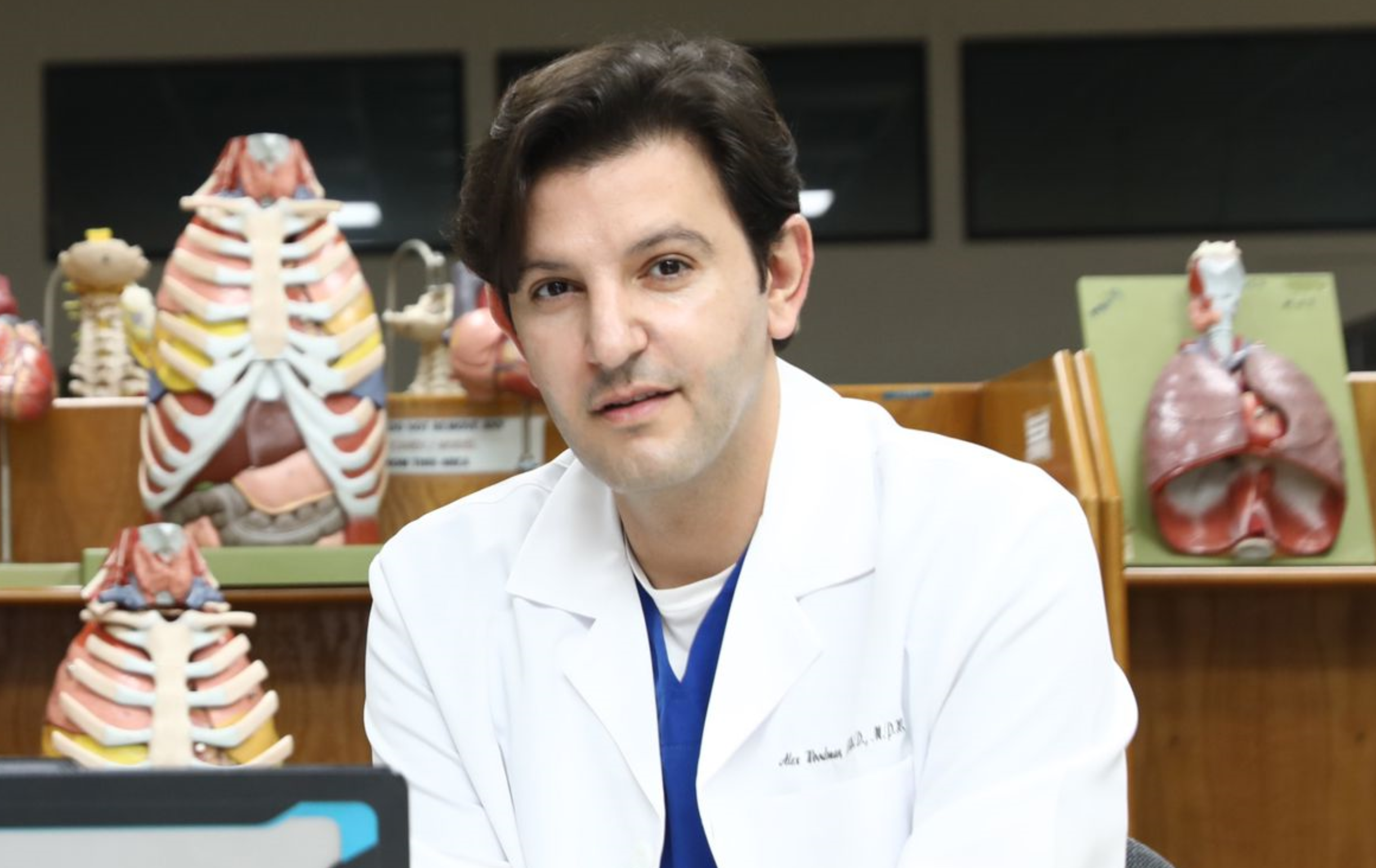
Saudi Medical Students Knowledge about Organ Donation and Identified Gaps Informing Saudi Health Transformation
Human health is the cornerstone of societal development and sustainability. Therefore, high-quality health care provided by knowledgeable physicians is crucial for fostering a prosperous and dynamic society, which serves as the basic unit of a country.
In 1962, the successful transplantation of a kidney from a deceased donor marked the beginning of organ transplantation as the worldwide standard of care for individuals suffering from organ failure. Nearly two decades following this monumental global health advancement, the Saudi Center for Organ Transplantation (SCOT) was established in 1984 as a national center for organ donation and transplant procurement, anticipated to significantly enhance public health in Saudi Arabia. However, over the years, the demand for organ and tissue transplants has increased, while the number of donors has not grown at a comparable rate.
In 2021, as a humanitarian gesture, the Custodian of the Two Holy Mosques, King Salman bin Abdulaziz and HRH Crown Prince Mohammed bin Salman, registered with the SCOT organ donation program. Following this, Dr. Alexander Woodman, a clinical and public health researcher, along with his colleagues, initiated a series of studies among Saudi medical students. Dr. Woodman hypothesized that reluctance to donate stemmed from a lack of knowledge, and he aimed to test this theory among medical students—future healthcare providers who are at the forefront of critical situations in this complex process. The first study focused on exploring Saudi medical students' knowledge and attitudes towards organ donation and transplantation. The second study aimed to assess their knowledge and attitudes towards stem cell donation and transplantation.
The first study found that although medical students had relatively low knowledge levels about organ donation, their attitudes were positive. Female students showed a more positive attitude compared to their male counterparts. The primary motives for donation were a desire to help others and sympathy. Reasons for refusing organ donation included perceived health concerns, beliefs, and bodily worries. Television was the main source of information about organ donation for respondents, followed by the Internet and relatives/friends. The second study revealed that Saudi medical students had limited knowledge regarding stem cell research. However, both Saudi male and female students exhibited positive attitudes. An important finding of this study was the participants' interest in attending advanced educational courses on stem cell research.
Since its inception, Saudi Vision 2030 has emphasized the health and safety of the people, making the development of the healthcare sector and the quality of services crucial goals in achieving a vibrant, healthy society. As the Saudi health system transforms under Vision 2030 towards a more comprehensive, efficient, and integrated system with improved healthcare access, studies like this are vital for identifying and addressing gaps to enhance health outcomes," notes Dr. Woodman.
Dr. Alexander Woodman further added: “In light of the Kingdom's commitment to supporting and expanding scientific research, development and innovation as a national priority, these studies have created a solid foundation for recording and presenting medical students' views on such an important and at the same time highly ethical issue as organ and cell donation and transplantation.”
Indeed, the focus on the Kingdom’s infrastructure and the drive to introduce groundbreaking innovations that improve health and quality of life should be harnessed now to take the education of Saudi medical students to a new, more challenging, yet more rewarding level, thereby producing confident and knowledgeable healthcare providers and decision makers.
“Misconceptions can be improved by integrating a thorough and well-designed curriculum for medical students that explains organ donation and the rules adopted by Saudi health and bioethical organizations. The findings of these studies will enable a national strategic approach to improve the professional outlook of medical students as future doctors who will be responsible for the implementation Saudi health system transformation under Vision 2030,” concluded Dr. Alexander Woodman.
The findings of research were published in Transplantation Proceedings, ELSEVIER publishing and can be found at Medical Students' Knowledge & Attitudes about Organ Donation and Stem Cell Donation & Transplantation - Medical Students Knowledge and Attitudes.








